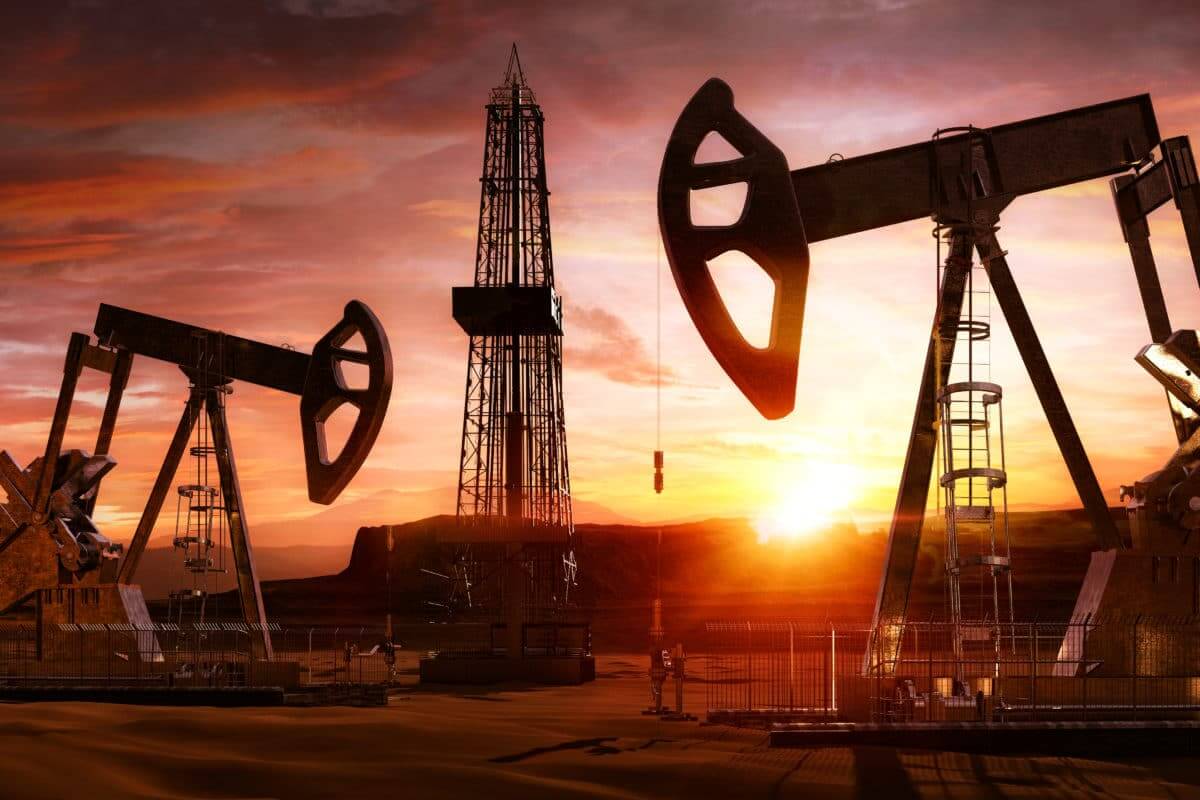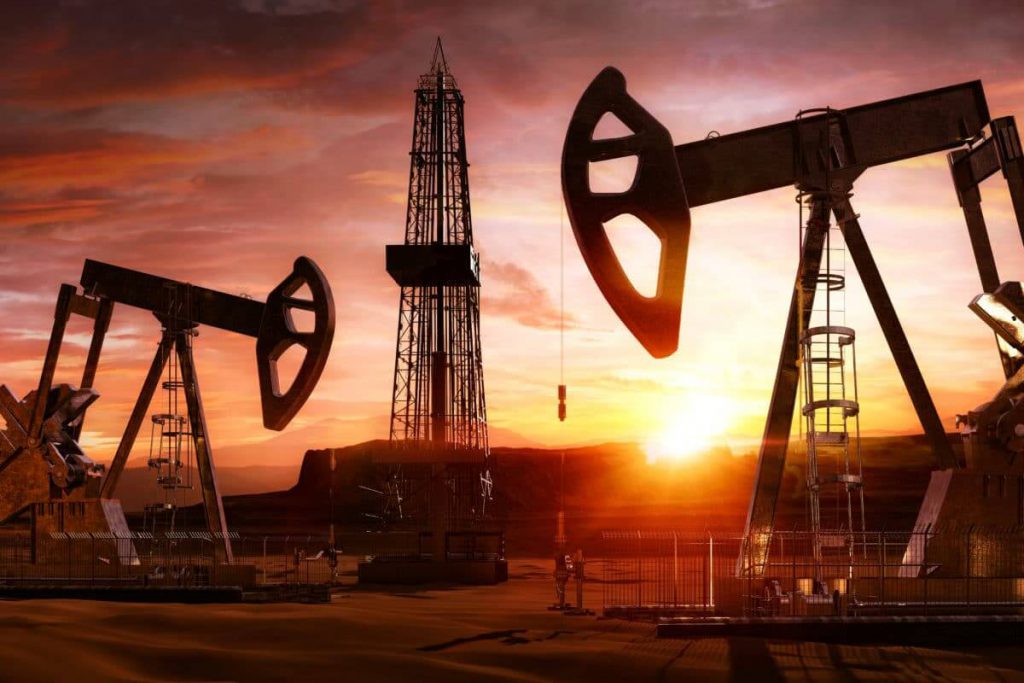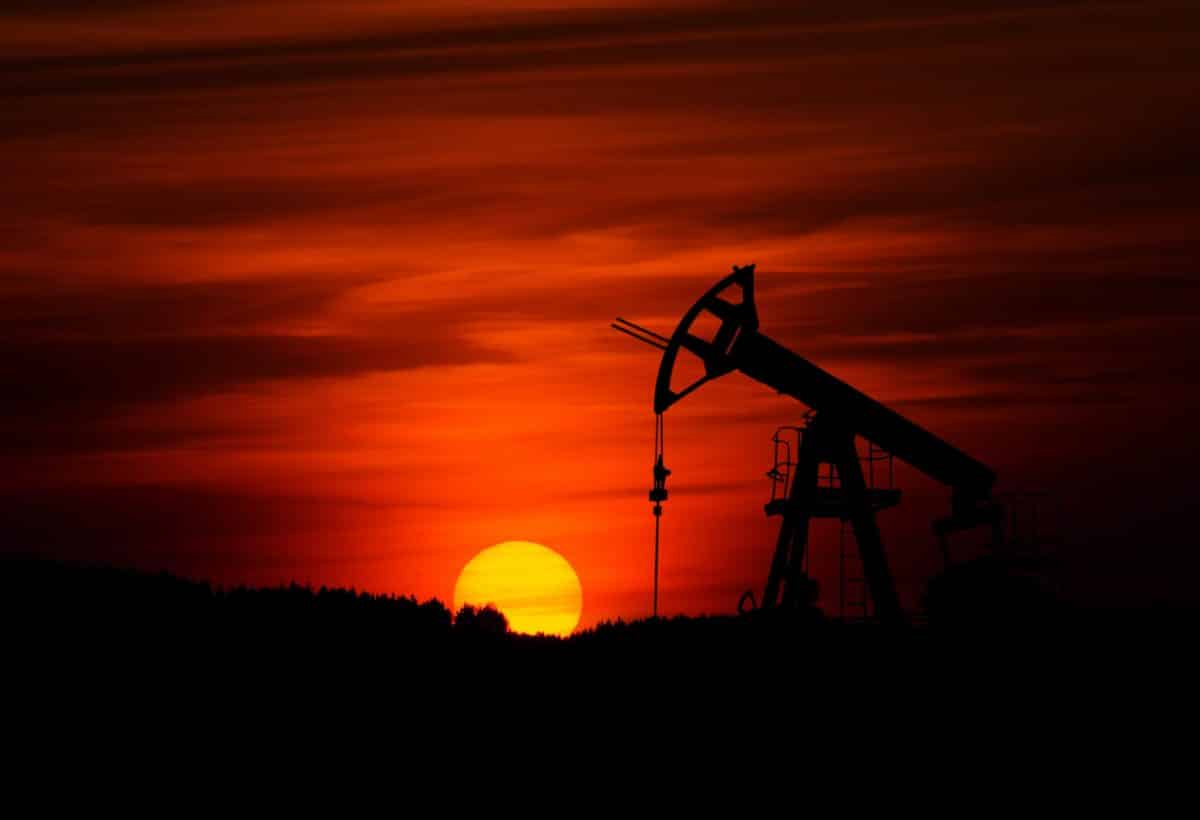
Fears of a global recession cause oil to capitulate
Brent oil is down 4.57% at $88.58 per barrel, a $4.23 loss on the day. WTI was down 5.01% at $82.52, for a $4.34 change on the day.
No new developments are driving down prices, nor are there any new data releases that would ordinarily weigh on oil prices. Traders now view any increase in oil prices with mistrust, making upswings short.
Energy traders are dubious of any gains as they assess global economic issues, the wrath of supply uncertainty, and fears of the devastation of crude demand.
Concerns about Chinese demand continue to put downward pressure on markets.
The prognosis for demand remains gloomy for oil prices, with China, the world’s largest crude importer, maintaining its zero-COVID lockdown policy, which has now a limited movement for 65 million people.
Furthermore, China’s crude oil imports were 1.1 million BPD lower in August than the previous year, while exports were lower than planned.
Similarly, OPEC+’s symbolic 100,000 bpd output cut for October resulted in a brief spike in oil prices earlier this week. Oil prices resumed their downward trend as soon as the market processed the symbolism and returned to facts.
Global oil And gas licensing falls
The number of licensed blocks and overall acreage is expected to tumble to near all-time lows this year as the sector fights to recover from the consequences of the Covid-19 outbreak and the accompanying oil market crisis. Through August of the current year, just 21 lease rounds have been completed globally, accounting for half of the 42 rounds held in the first eight months of 2021. So far this year, land has been given at a 20-year low of 320,000 square kilometers. This year, global lease rounds are predicted to total 44, 14 fewer than in 2021 and at the lowest level since 2000.
With increased activity and blocks given in Malaysia, Indonesia, India, and Pakistan, Asian licensing has defied the trend. The global reduction in licensing rounds has directly impacted awarded acreage, reaching an all-time low of around 320,000 square kilometers from January to August. The drop in leasing activity has resulted in a significant drop in Russian acreage awards, which have fallen 90% yearly to 9,000 square kilometers. In comparison, licensed acreage in Africa has shrunk 70% to just 46,000 square kilometers spread across Angola, Egypt, Morocco, and Zimbabwe, the only African countries to award new exploration acreage to date in 2022.
Oil prices continue to decrease
Oil prices dipped on Thursday, continuing significant losses from the previous session. China’s extension of lockdown measures to reduce the COVID-19 differential fueled fears that a global downturn would hurt fuel consumption.
Brent crude futures fell 40 cents, or 0.41%, to $87.61 a barrel, close to a low set in late January. Crude futures in the United States were down 42 cents, or 0.51%, at $81.52 per barrel, close to a mid-January low.
Meanwhile, several central banks worldwide will likely start raising interest rates again to combat inflation.
When the European Central Bank meets later on Thursday, it is expected to boost interest rates dramatically. On September 21, the United States Federal Reserve will meet.
Prices were bolstered, however, by Russian President Vladimir Putin’s threat to halt the country’s oil and gas supplies if European purchasers imposed price limitations.
Petroleum Exporting Countries, led by Russia, agreed on Monday to reduce output by 100,000 BPD in October.




